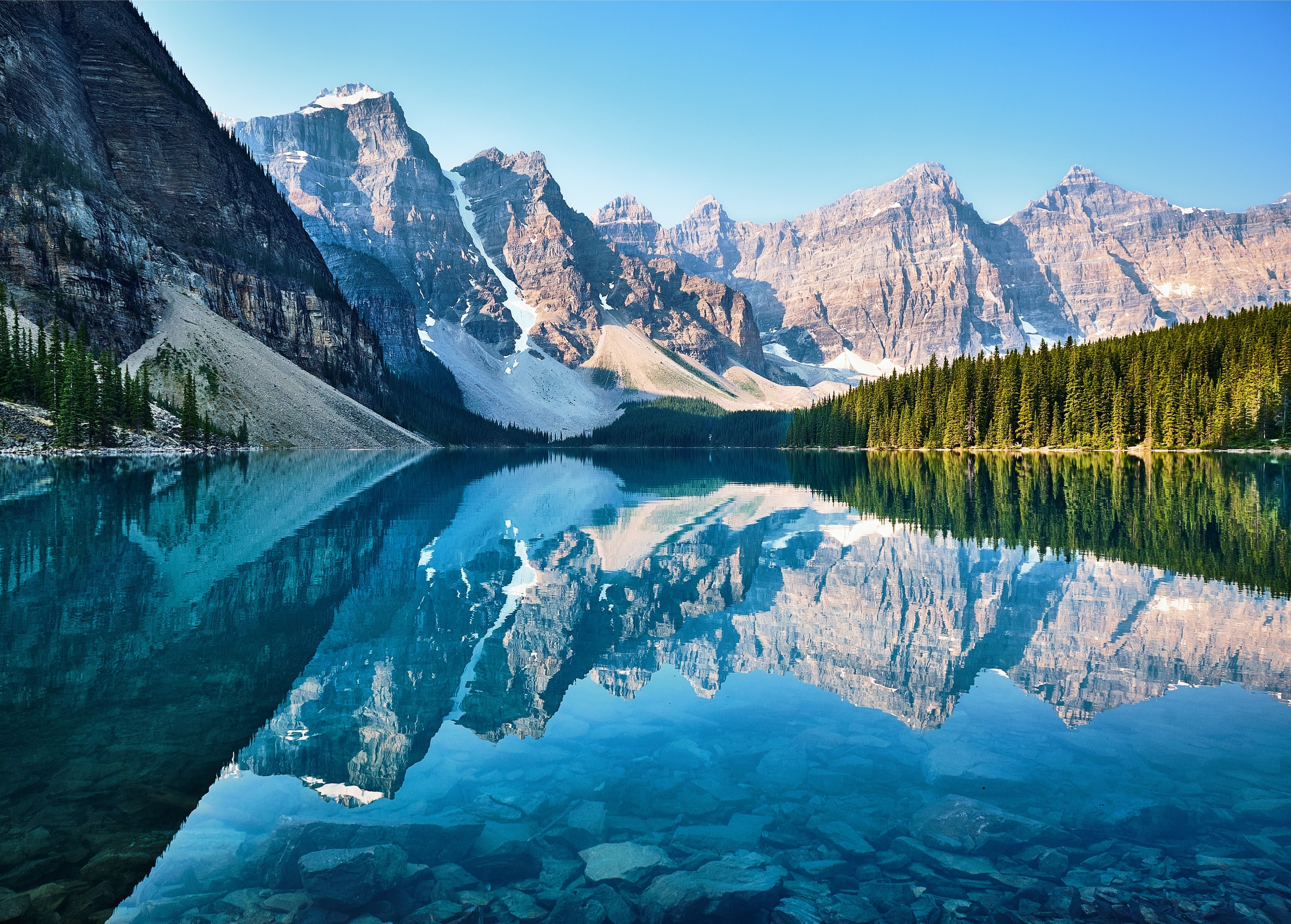If you are in distress, you can call or text 988 at any time. If it is an emergency, call 9-1-1 or go to your local emergency department.
- Public Resources, Webinars
Building a Business Case for Employers to Actively Recruit and Retain People with Mental Illness
Description: The term Aspiring Workforce describes those people who, due to mental illness, have been unable to enter the workforce, or who are in and out of the workforce due to episodic illness, or who wish to return to work after a lengthy period of illness. The Aspiring Workforce is an untapped source of labour who can play an important role in addressing urgent business needs and skills shortages. Guest Speakers:
Join Rebecca Gewurtz and Margaret Oldfield from McMaster University, Emile Tompa from the Institute for Work and Health, and the Mental Health Commission of Canada as we explore the business case for hiring and retaining individuals with a mental illness.
- Public Resources, Webinars
Building a Business Case for Employers to Actively Recruit and Retain People with Mental Illness
Building a Business Case for Employers to Actively Recruit and Retain People with Mental Illness
- Stigma, Workplace Mental Health
Description: The term Aspiring Workforce describes those people who, due to mental illness, have been unable to enter the workforce, or who are in and out of the workforce due to episodic illness, or who wish to return to work after a lengthy period of illness. The Aspiring Workforce is an untapped source of labour who can play an important role in addressing urgent business needs and skills shortages. Guest Speakers:
Join Rebecca Gewurtz and Margaret Oldfield from McMaster University, Emile Tompa from the Institute for Work and Health, and the Mental Health Commission of Canada as we explore the business case for hiring and retaining individuals with a mental illness.
SHARE THIS PAGE
RELATED

Review our Assessment Framework for Mental Health Apps — a national framework containing key standards for safe, quality, and effective mental health apps in Canada.

To help expand the use of e-mental health services, we developed four online learning modules based on our Toolkit for E-Mental Health Implementation, in collaboration with the Centre for Addiction and Mental Health (CAMH).

Stepped Care 2.0© (SC2.0) is a transformative model for organizing and delivering evidence-informed mental health and substance use services.

